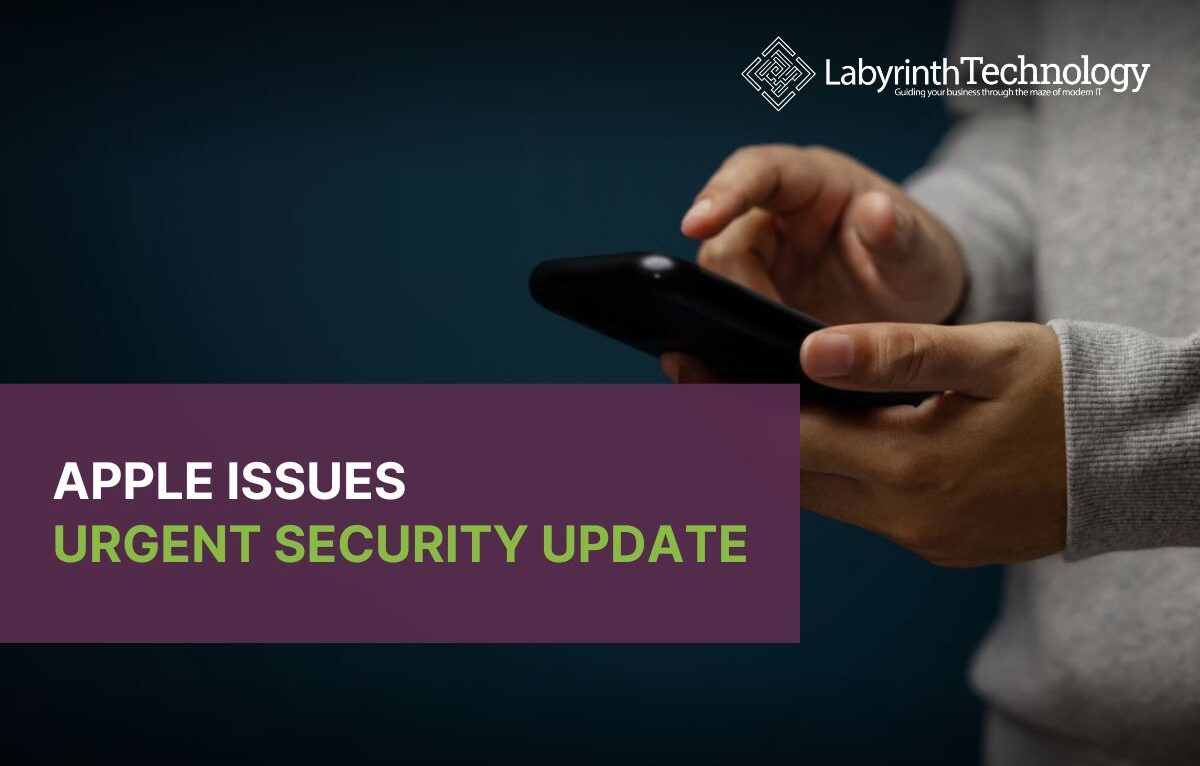
Apple has recently issued an urgent security update for iPhones and iPads, warning users of an “extremely sophisticated attack” that has already been exploited in the wild. The tech giant released iOS 18.3.1 and iPadOS 18.3.1 to address a serious vulnerability, which affects a critical security feature known as USB Restricted Mode. While security patches are routine, what sets this update apart is Apple’s unusually dramatic language, hinting at high-stakes implications that go beyond the usual software bugs.
The security flaw, known as CVE-2025-24200, affects many iPhones and iPads, allowing malicious actors to carry out what’s referred to as a “physical attack.” This means that someone with direct access to your device could exploit the vulnerability to disable USB Restricted Mode, a key feature designed to prevent data theft via USB connections when your device is locked.
For context, USB Restricted Mode automatically kicks in when your iPhone or iPad hasn’t been unlocked for an hour. It blocks data transfer through the Lightning or USB-C port, making it a crucial line of defence against hacking tools trying to bypass passcodes or extract sensitive data. Essentially, it’s the digital equivalent of locking your doors and windows when you leave the house.
But with this vulnerability, hackers could sneak through a side door without triggering alarms.
Apple’s wording in the advisory is telling: the issue “may have been exploited in an extremely sophisticated attack against specific targeted individuals.” That’s tech-speak for: “We suspect this was used in real-world attacks, likely by highly skilled groups.”
While Apple didn’t name names, the phrase points towards state-sponsored hacking groups or government surveillance operations targeting high-profile individuals. This wouldn’t be the first time government agencies have been linked to iPhone hacking. Apple has long resisted demands to create backdoors for law enforcement, citing the risk it would pose to user privacy worldwide.
You might be thinking, “I’m not an activist or a high-profile target. Why should I care?” The reality is, security flaws don’t discriminate. While this particular vulnerability may have been exploited in targeted attacks, now that it’s public knowledge, cybercriminals everywhere are taking notes. It’s only a matter of time before less sophisticated actors attempt to replicate the exploit on a wider scale.
Moreover, vulnerabilities like this often serve as a gateway. Disabling USB Restricted Mode is just the first step. Once a bad actor has access to your device, they can install malware, steal sensitive information, or even gain control of your accounts. In an age where our phones contain everything from banking details to personal photos, the stakes couldn’t be higher.
If you own an iPhone or iPad, update your device immediately to iOS 18.3.1 or iPadOS 18.3.1. It’s not just about fixing a minor glitch—this patch closes a serious security hole that could put your data at risk.
But beyond this specific update, consider the following best practices to strengthen your device’s security:
At Labyrinth Technology, we understand that cyber security isn’t just about software updates—it’s about creating a culture of security awareness. Small and medium-sized businesses are particularly vulnerable because they often lack dedicated IT security teams. That’s where we come in.
Our cyber security experts offer comprehensive risk assessments, real-time threat monitoring, and employee training to ensure your business stays protected. We don’t just react to threats—we help you anticipate them. Whether it’s securing your mobile devices, protecting sensitive data, or implementing best practices for your entire organisation, we’ve got you covered. Contact us today.
Empowering London Businesses with Efficient IT Solutions to Save Time and Stay Ahead of the Competition.